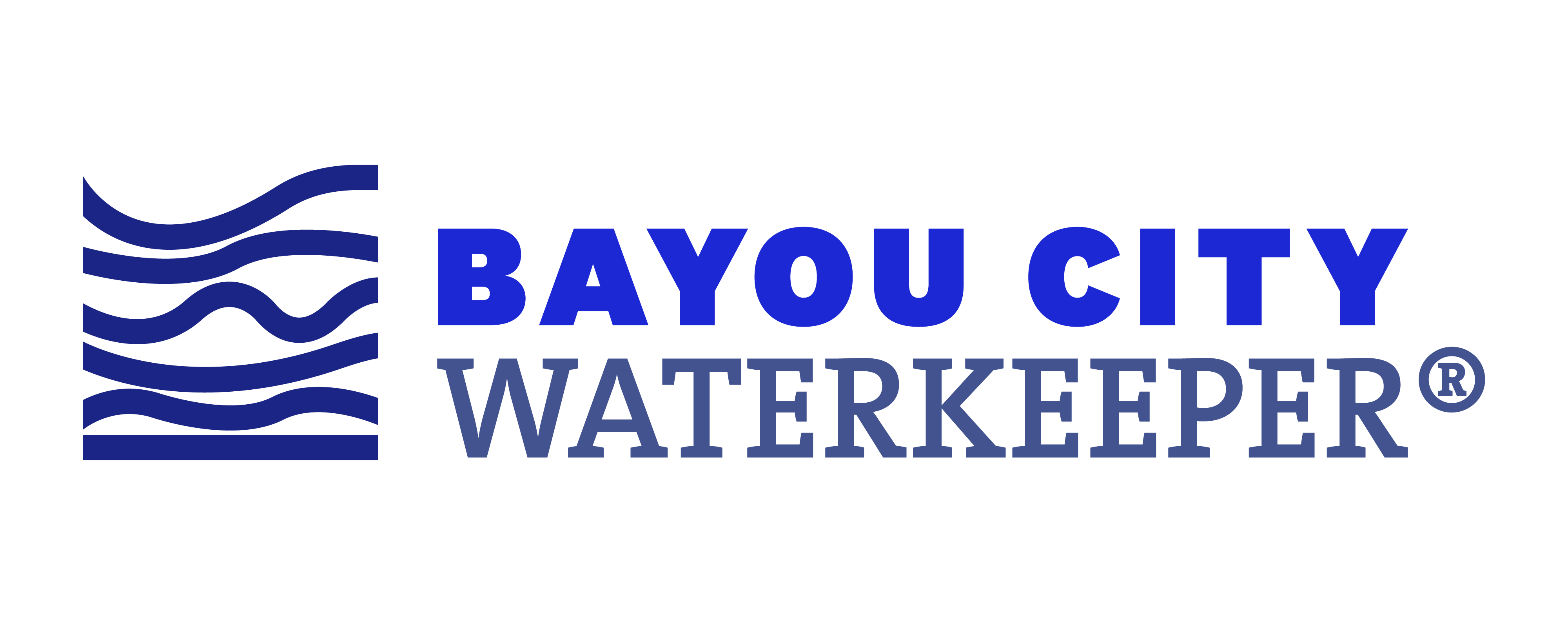This opinion piece authored by Legal Director and Waterkeeper Kristen Schlemmer appeared in the Houston Chronicle on June 24, 2023 and is available online here.
As I drive down I-45 toward Galveston, I often distract myself from the traffic by looking for signs of water: The small signs at bridges marking our region’s many bayous and creeks. The wetland-dappled prairies that appear once I break past the dense suburban development in League City. The light that reflects off the estuarine wetlands further south that eventually give way to Galveston Bay.
We live in a watery place, and catching sight of all that water brings me a sense of peace and place, even as my work has me focused on the ways water can harm us. I’m a lawyer at Bayou City Waterkeeper, which for more than 20 years has fought to protect sensitive wetland areas and to keep communities safe from flooding.
I know too much about pollution from unsafe petrochemical facilities. Sewage overflows from decades of underinvestment in our infrastructure. And flooding caused by a swirl of bad policy, including development over our wetlands.
One of our main tools is the Clean Water Act, which gives communities, and organizations like ours, power to protect wetlands to complement the federal government’s broader powers “to restore and maintain the chemical, physical, and biological integrity of the Nation’s waters.”
But as Memorial Day weekend approached — just before thousands headed to parks and down the coast to enjoy the water that makes our region special — a slim majority of the Supreme Court ripped that tool away from us. In a decision called Sackett v. EPA,the Court constrained the Clean Water Act’s protections for most wetlands across the country, including, potentially, tens of thousands of acres of wetlands remaining in the greater Houston region. Discarding the advice of the nation’s best scientists who know that the quality of our water depends on the health of our wetlands, the decision limits protections to those wetlands with a “continuous surface connection” to bodies of waters like our local bayous.
The decision ignores the science behind how wetlands work, discounts the reality of flooding across this region, and places our communities, public health, and local ecosystems in danger.
Across greater Houston, wetlands often hide in plain sight, quietly taking in and releasing water in our prairies and forests and along our bayous and coasts. Wetlands are skilled multi-taskers. They filter pollutants, absorb carbon dioxide from our atmosphere, and offer habitat for birds, reptiles and fish. They give us a sense of place and a feeling of connection to people who lived here thousands of years before us.
Often fringed by development, these wetlands also are a frontline defense against flooding. One acre of wetlands can capture, hold, and slowly release a million gallons of stormwater. Across our region, that translates to roughly 50 billion gallons of stormwater detention during a major storm.
Those of us who lived through Hurricane Harvey know how important it is for our region to protect ourselves from flooding, so that the destruction that happened during Harvey never has to happen again. As one sign of this shared value, just this month, City Council unanimously voted to invest nearly $100 million in improving open-ditch drains that cause flooding in ordinary rains, as the result of powerful efforts led by community members in Northeast Houston. And one year after Harvey, Harris County voters passed a $2.5 billion bond to support projects to reduce flooding. Though projects enabled by this bond have been criticized, it is not because we want our leaders to do less. We want more protection — better protection — and we want it as soon as possible.
Instead, even as our flood risk increases, our area’s wetlands — one of our best front-line defenses — face increased destruction as developers build on top of them. The Clean Water Act wasn’t perfect, but it used to offer one of the strongest legal requirements to avoid destroying wetlands across our region, or at least to compensate for their losses.
Texas offers no protections for wetlands, consistently prioritizes rampant development and polluting industries over our environment and health, and our governor is expected soon to sign a bill that will peel back power from our local flood control district. Flood and storm surge proposals touted by some local leaders favor large-scale infrastructure projects (which generate large-scale contracts offering short-term profit for a few)over holding onto existing ecosystems (with more-difficult-to-calculate, long-term benefits for all of us).
If you want to see the consequences of continued development in the wetland-rich areas we at Bayou City Waterkeeper view as critical, including the wetlands across the Katy Prairie and around Lake Houston, take a look around these areas the next time we have a hurricane. Flooded homes and yards. Erupted sewage pipes. Downed power lines. Lives in a state of prolonged disruption.
This will only get worse if we don’t act. Yes, we need a strong Clean Water Act, and my hope is that Congress will find a way to limit Sackett’s impact.
But here at home, we must also do more.
Our leaders are willing to invest in flood protection, but only if we demand it. It is time for our local leaders to take the lead on embracing the wetlands that remain as natural flood protections alongside other forms of infrastructure. What is the point of spending billions on new flood protections if we’re allowing others to destroy some of the best protections we already have in place?
Since Sackett, catching glimpses of water on the drive to Galveston now feels heavy. Without the Clean Water Act’s protections for wetlands, what will become of these special places? What will come of the communities who depend on them?
Kristen Schlemmer is legal director and waterkeeper of Bayou City Waterkeeper.
